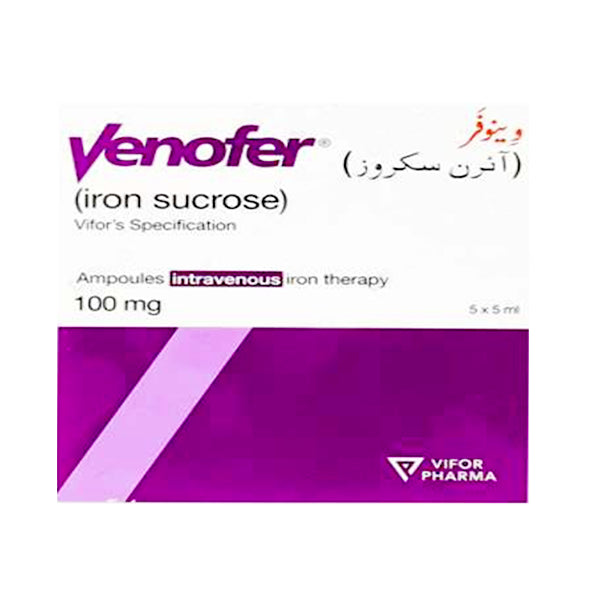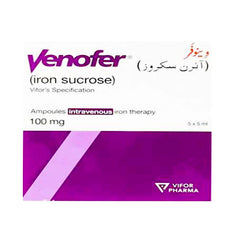

- Choosing a selection results in a full page refresh.
Need Help?
03444440083


Couldn't load pickup availability
standard shipping charges on order is Rs 200
You may return most new, unopened items within 3 days of delivery for a full refund.
You should expect to receive your refund within four weeks of giving your package to the return shipper, however, in many cases you will receive a refund more quickly. This time period includes the transit time for us to receive your return from the shipper (5 to 10 business days), the time it takes us to process your return once we receive it (3 to 5 business days), and the time it takes your bank to process our refund request (5 to 10 business days).
If you need to return an item, simply login to your account, view the order using the "Complete Orders" link under the My Account menu and click the Return Item(s) button. We'll notify you via e-mail of your refund once we've received and processed the returned item.
Lorem ipsum dolor sit amet, consectetur adipiscing elit, sed do eiusmod tempor incididunt ut labore et dolore magna aliqua. Ut enim ad minim veniam, quis nostrud exercitation ullamco laboris nisi ut aliquip ex ea commodo consequat. Duis aute irure dolor in reprehenderit in voluptate velit esse cillum dolore eu fugiat nulla pariatur. Excepteur sint occaecat cupidatat non proident, sunt in culpa qui officia deserunt mollit anim id est laborum.
1 Box = 5 Injections
Specification
Requires Prescription (YES/NO)
Yes
Generics
Iron sucrose
Used For
Fluids & Electrolytes
How it works
Iron sucrose injection is in a class of medications called iron replacement products. It works by replenishing iron stores so that the body can make more red blood cells.
Usage And Safety
Dosage
Iron sucrose
Side Effects
Common: transient taste perversions (in particular metallic taste). Uncommon: headache, dizziness, hypotension and collapse, tachycardia, palpitations, bronchospasm, dyspnea, nausea, vomiting, abdominal pain, diarrhea pruritus, urticaria, rash, exanthema, erythema, muscle cramps, myalgia, fever, shivering, flushing, chest pain and tightness. Injection site disorders such as superficial phlebitis, burning, swelling. Rare: paresthesia, anaphylactoid reactions (rarely involving arthralgia), peripheral edema, fatigue, asthenia, malaise. Isolated cases: reduced level of consciousness, light-headed feeling, confusion, angioedema, swelling of joints, hyperhidrosis and back pain. Hemodialyis dependent-chronic kidney disease (HDD-CKD) patients: hypotension, muscle cramps, nausea, headache, graft complications, vomiting, dizziness, hypertension, chest pain and diarrhea. Non-dialysis dependent-chronic kidney disease (NDD-CKD) patients: dysgeusia, peripheral edema, diarrhea, constipation, nausea, dizziness and hypertension . Patients receiving erythropoietin may experience: diarrhea, edema, nausea, vomiting, arthralgia, back pain, headache, hypertension, dysgeusia, dizziness, extremity pain and injection site burning. Peritoneal dialysis dependent-chronic kidney disease (PDD-CKD) patients: diarrhea, peritoneal infection, vomiting, hypertension, pharyngitis, peripheral edema and nausea.
Drug Interactions
As with all parenteral iron preparations, iron sucrose should not be administered concomitantly with oral iron preparations since the absorption of oral iron is reduced. Therefore, oral iron therapy should be started at least 5 days after the last injection of Iron Sucrose.
Indication
Iron sucrose is indicated for the treatment of iron deficiency in the following: - Where there is a clinical need to deliver iron rapidly to iron stores. - Patients who cannot tolerate oral iron therapy or who are noncompliant. - In active inflammatory bowel disease where oral iron preparations are ineffective. - Non-dialysis dependent-chronic kidney disease (NDD-CKD) patients receiving an erythropoietin. - Non-dialysis dependent-chronic kidney disease (NDD-CKD) patients not receiving an erythropoietin. - Hemodialysis dependent-chronic kidney disease (HDD-CKD) patients receiving an erythropoietin. - Peritoneal dialysis dependent-chronic kidney disease (HDD-CKD) patients receiving an erythropoietin
When not to Use
The use of iron sucrose is contra-indicated in cases of: - Known hypersensitivity to iron sucrose or any of its components. - Anemias not attributable to iron deficiency. - Iron overload or disturbances in utilization of iron. - Patients with a history of asthma, eczema or other atopic allergy, because they are more susceptible to experience allergic reactions. - Pregnancy first trimester .
Precautions
Precaution
Parenteral administered iron preparations can cause allergic or anaphylactoid reactions, which may be potentially fatal. Therefore, treatment for serious allergic reactions and facilities with the established cardio-pulmonary resuscitation procedures should be available.
Warnings
Warning 1
In patients with liver dysfunction, parenteral iron should only be administered after careful risk/benefit assessment. Parenteral iron administration should be avoided in patients with hepatic dysfunction where iron overload is a precipitating factor, in particular Porphyria Cutanea Tarda (PCT). Careful monitoring of iron status is recommended to avoid iron overload .
Warning 2
Parenteral iron must be used with caution in case of acute or chronic infection. It is recommended that the administration of iron sucrose is stopped in patients with ongoing bacteremia. In patients with chronic infection a risk/benefit evaluation has to be performed, taking into account the suppression of erythropoiesis .
Warning 3
Hypotensive episodes may occur if the injection is administered too rapidly. Allergic reactions, sometimes involving arthralgia, have been more commonly observed when the recommended dose is exceeded .
Additional Information
Pregnancy category
Always consult your physician before using any medicine.
Storage (YES/NO)
Store this medicine at room temperature, away from direct light and heat.
Get the latest updates on new products and upcoming sales
Thanks for subscribing!
This email has been registered!

| Product | SKU | Rating | Description | Collection | Availability | Product Type | Other Details |
|---|